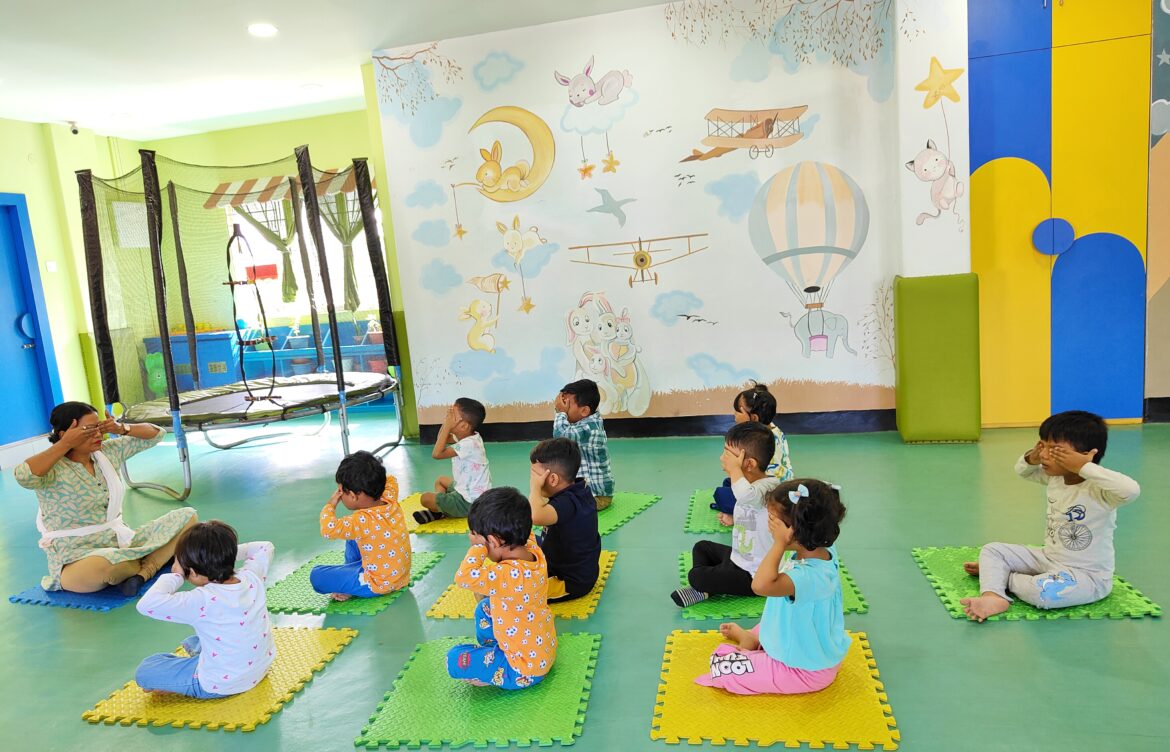
Cultivating Empathy in the Classroom – Strategies to Empower Every Child
Empathy is more than a buzzword—it’s a life skill. When children learn to understand and share the feelings of others, they become better communicators, collaborators, and compassionate individuals. At The Elevé Institute, we believe empathy is the cornerstone of inclusive and empowering learning spaces.
Why Empathy Matters
Empathy encourages students to look beyond themselves. It reduces bullying, increases emotional intelligence, and builds stronger friendships. In diverse classrooms, empathy helps children see value in different experiences, backgrounds, and perspectives.
Practical Ways to Teach Empathy
Here are a few classroom-tested strategies:
1. Storytelling with Purpose
Books are powerful empathy tools. Choose stories that highlight different cultures, abilities, and family structures. Ask reflective questions like “How do you think that character felt?” or “What would you do in that situation?”
2. “Feelings First” Circle Time
Start the day with open conversations. Let each student share how they’re feeling and why. This simple act builds emotional awareness and helps peers connect on a human level.
3. Role-Playing Scenarios
Acting out common playground or classroom challenges helps kids explore how actions affect others. It also gives them practice in resolving conflicts kindly and constructively.
4. Celebrate Differences
Host “All About Me” weeks or cultural days. Give students opportunities to share their family traditions, languages, or favorite foods. These celebrations foster curiosity and connection.
Empower Through Modeling
Children model adult behavior. Teachers and caregivers must show empathy daily—by listening actively, validating emotions, and responding gently. When students see adults treat others with kindness, they follow suit.
Final Thought
Empathy doesn’t just make better students—it makes better humans. It’s a skill children will carry with them for life, and it starts in the classroom.
